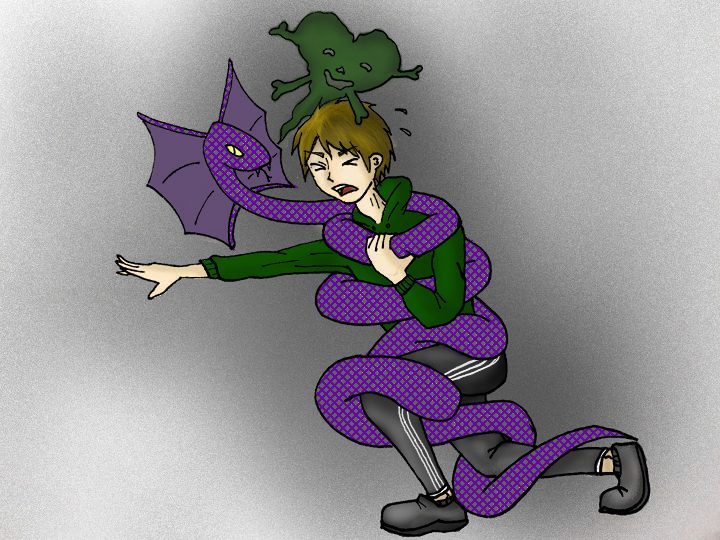Taking out the trash in friendships


As a woman in my early twenties, I’ve managed to learn a few things as I’ve awkwardly stumbled my way through life so far.
I’ve experienced friendships that I didn’t realize were incredibly toxic until long after they were out of my life.
I think the idealism that surrounds friendships and how we interact with the people who may not be the best for us is flawed.
The main snippets of advice that I see and hear involve not holding grudges, to be the better person and basically a bunch of that self-fulfilling, incredibly vague prophecy crap that an all-knowing old man would tell the protagonist in a story to find themselves.
I wholeheartedly believe in being kind and letting go of anger.
However, I have realized that there is an inherent value in being able to understand your limitations, standing up for yourself and knowing when you deserve better, whether you’re dating someone or are friends with them.
There was one person who really force-fed me this lesson and he became my “friend” at the tail-end of high school. For the sake of anonymity, let’s call this guy Joe.
I became friends with Joe by happenstance, as he was in one of my classes and started talking to me over Facebook once our last year of school had ended.
Looking back on this, there were about a dozen warning signs that this would ultimately fail, but I was painfully optimistic and willing to overlook them.
As far as I was concerned, as long as I was nice to him and we got along relatively well, things would be fine. But if Joe did anything well though, it was proving me wrong.
It started off small and escalated to scary proportions; what became one harmless trip to the movies and a few messages here and there, evolved into daily, incessant contact that left me drained and uncomfortable.
He would send me messages every single day, several times a day. If I didn’t respond to them instantly, he would send me even more and assume I hated him.
When I engaged in conversation with him, he discussed a wide range of topics that were nothing short of unnerving, sexist and invasive. He asked me questions about my personal life and told me intimate aspects about himself that I didn’t want to know.
My attempts at laying down boundaries failed.
After one instance, I clearly remember him calling me really late at night over five times in a row because he thought I was “mad at him.”
I caved and brushed it off to avoid another unravelled reaction like the last.
When I saw him, I would somehow end up paying for both of us to see a movie, eat a meal or both. I never had a good time and these outings became more and more dreaded.
I felt bound to him because he relied on me to be his unending guidepost, mental stability and key to happiness, ensuring that I became guilty if I said anything to the contrary.
After over a year of this, I had to put a stop to it. I was exhausted by him, I was inadvertently controlled by his behaviour and it was putting a strain on my own well being.
It ultimately wasn’t fair to him, either, to have him believing that I was still somehow invested in a friendship that didn’t actually exist. I talked it out with him and I told him without any malice that I needed to pull away from him and put a stop to our contact.
Cutting the toxic friendships out of your life that make you miserable and don’t have any meaning isn’t selfish, it’s the complete opposite.
I ended up blocking him on Facebook and deleting his number from my phone. Since then, I haven’t had any problems from him and my life has felt a little less heavy.
At the end of the day, I did what was best for me, and it was the healthiest choice I made since I stopped watching Dr. Phil on weekday afternoons.


